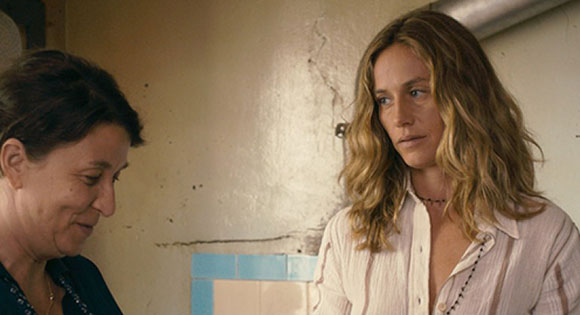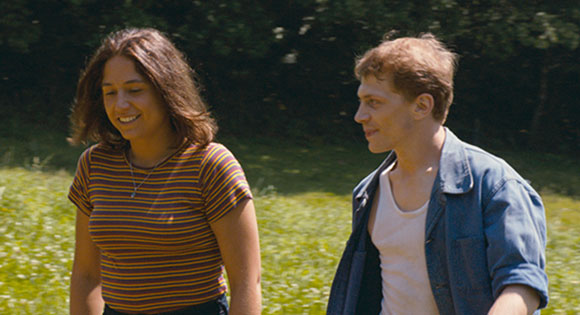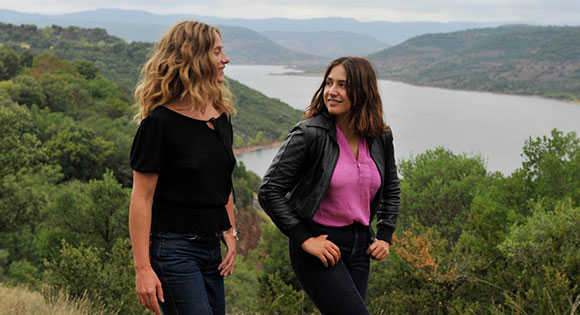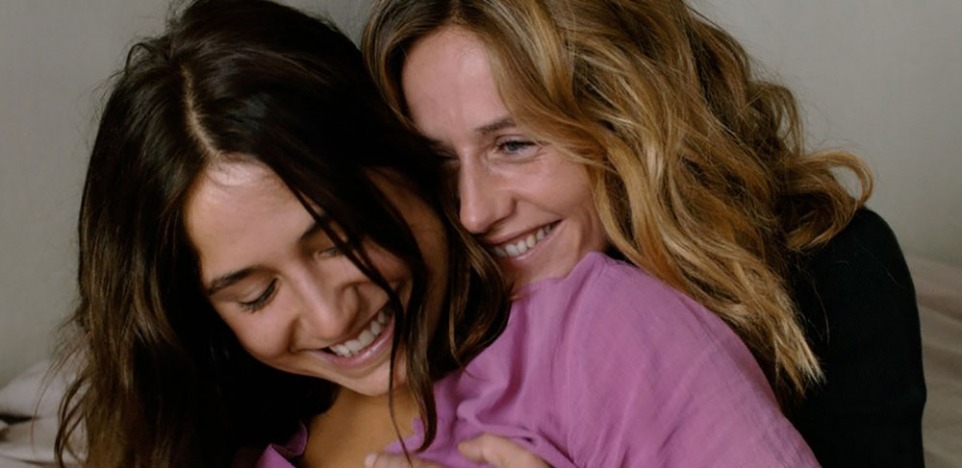Delphine (Izïa Higelin) lives on a small farm in Southern France with her father (Jean-Henri Compère) and mother (Noémie Levovsky). She drives the tractor and does a lot of hard labor in the fields during the day. Instead of commending her for her work ethic, they want to know when she is going to get married. In the evenings Delphine has been seeing another woman who, claiming their affair is not serious, announces she is getting married.

This heartbreak sends the country girl to school in Paris where during the 1970s many women are attracted to women's lib. Delphine attends a lively meeting and is impressed with the exuberance and enthusiasm of the group's demonstrations and their special songs and chants. Then she is swept off her feet by Carole (Cécile De France), an energetic and charismatic leader in the group. Receiving this country girl's first kiss is enough for the city slicker to ditch Manuel (Benjamin Bellecour), her live-in boyfriend. Together, the two women liberate a gay friend from an insane asylum and then begin a sexually heated love affair.
Just as Delphine and Carole are really getting in sync with one another, Delphine must return to the farm after her father is stricken and badly weakened by a heart attack. Carole decides to join her lover on the farm and by day they work in the fields and by night they exercise their libidos.

Antoine (Kévin Azaïs), who aspires to be Delphine's husband, sees the two women kissing and is shaken when he realizes that his future with her exists only in her parents' minds. When Delphine's mother discovers the women nude in bed together one morning, she explodes in rage against Carole whom she blames for perverting her daughter. A moment of decision arrives for Delphine when she must decide whether or not to join Carole on the train back to Paris.
Director Catherine Corsini (Leaving) draws out two lively and empathetic performances from Izïa Higelin and Cécile De France as the country girl and the city girl. This lesbian romance masterfully conveys the suffering that comes from Delphine's refusal to reveal her sexual orientation to her parents. But there is also her attachment to the land which is something that Carole has not experienced and does not understand. In one scene, Delphine expresses the way she naturally and comfortably sinks into the wet ground on the farm.

Many forces pull and tug at both women as they explore the freedom and independence of the intimate relationship that blooms in their minds, bodies, and souls.
